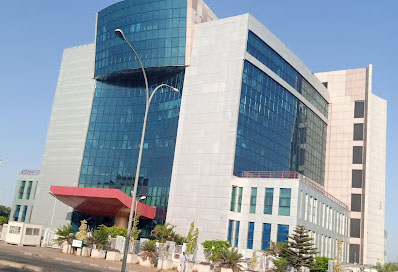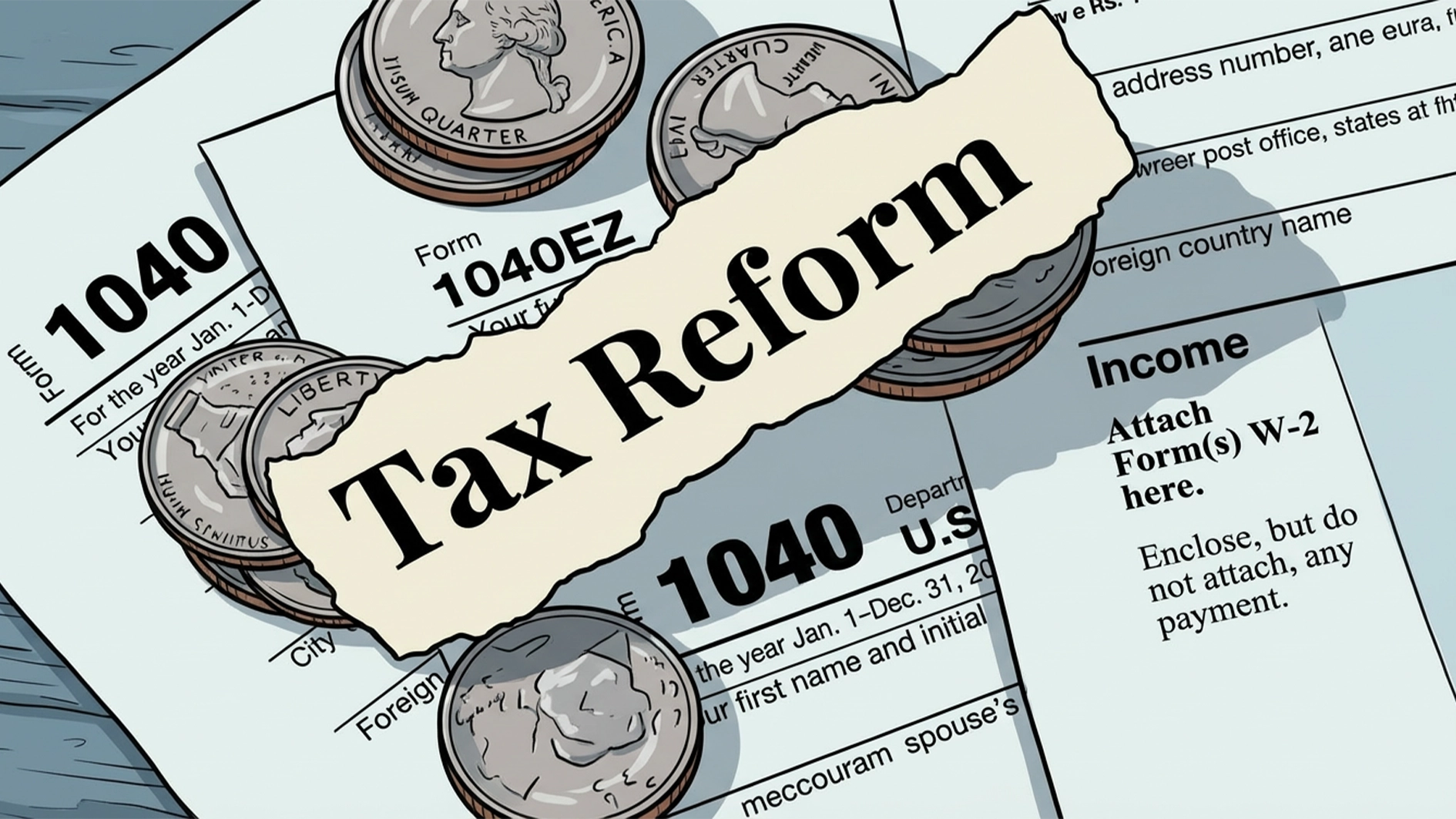
•Company faces power allocation discrepancy both on peak, off-peak periods
•Pushes Nigeria’s Green Revolution with 960MW Solar Plant Initiative
The Niger Delta Power Holding Company (NDPHC) said it is keen on illuminating Nigeria despite grappling with a significant N190 billion-market debt from institutions including Nigerian Bulk Electricity Trading (NBET) Plc, Central Bank of Nigeria (CBN), Nigeria Electricity Liability Management Company (NELMCO) and others.
Despite these debts, NDPHC said it is committed to enhance electricity access and address the nation’s power challenges, underscoring its commitment to national development.
The company said it acknowledged the early identification of challenges in transmission and distribution (T&D) despite significant interventions, stressing that there’s no apparent return or recovery for it, Transmission Company of Nigeria Distribution Companies (Discos).
The Managing Director, NDPHC, Chiedu Ugbo, emphasised that the company is focused on resolving the electricity supply challenge through NDPHC’s Light Up Nigeria initiative.
He added that despite various interventions and government initiatives in networks, such as Presidential Power Initiative (PPI), Transmission Rehabilitation and Expansion Programme (TREP), CBN funding, National Mass Metering Programme (NMMP), and payment assurance measures like Plant Availability Factor (PAF), among others, the challenges related to transmission and distribution, as well as liquidity, persisted.
“NDPHC has currently achieved an installed capacity of 3,585MW at the ambient temperature of the site, with a nameplate capacity of 4,000MW and an additional 787.5MW under construction. Despite these accomplishments, operational hindrances stemming from systemic challenges have notably impacted its cash flow. However, when framed differently, these challenges also create promising opportunities for private investment,” he said.
Ugbo added that the inadequacy of gas volumes poses a challenge in ensuring generation up to the TCN-allocated evacuation capacity of 975MW, let alone reaching the full capacity of the power plants. Currently, only the Calabar Plant enjoys a complete and uninterrupted gas supply.
The power plants in the western axis necessitate approximately 150MMSCF/day to fulfill the TCN-allocated evacuation capacity of 535MW (Peak). However, the gas supply to these plants faces additional hurdles due to low pressure on the NGIC gas pipelines, particularly ELPS and Oben-Ajaokuta.
Addressing challenges through bilateral contracts, NDPHC said its Light-up Nigeria Initiative is executing a programme to utilise its power generation assets for ensuring a dependable supply to eligible (maximum demand) customers.
Ugbo emphasised the significance of the Light Up Nigeria initiative, spearheaded by NDPHC’s Chairman, Senator Kashim Shettima, saying it is geared towards prioritising sales to bulk purchasers and developers, who consolidate electricity demand.
“The initiative offers a sure path to being able to sell a significant part of NDPHC’s stranded capacity to light up businesses and homes,” he said.
He added that the company targets 97 per cent availability to Nigerians. Ugbo also revealed that the company faces power allocation discrepancy of 975MW Peak Periods, 757MW Off-Peak despite mechanical availability.
The NDPHC boss mentioned that the insufficient transmission and distribution grid capacity to transport energy produced by power plants was a concern. He highlighted that in 2022, the available transmission and distribution capacity was approximately 5,500MW.
He mentioned that the constraints on evacuation are worsened by the System Operator’s frequent directives to start up and shut down plants, ostensibly for frequency and load control to uphold system safety and reliability. However, this results in heightened turbine stress, more unplanned outages, and substantial maintenance expenses.
Aligned with the Federal Government’s energy transition mandate, Executive Director, Generation, NDPHC, Abdullahi Kassim, has wholeheartedly embraced renewable energy projects, aiming to unlock additional opportunities and potentials for power generation in the country.
Kassim, an engineer, mentioned that NDPHC has engaged in discussions with developers of utility-scale solar projects. They are actively working on developing approximately 960MW of solar plants across various locations in Nigeria, accompanied by an additional 400MW of battery capacity.
Kassim highlighted that NDPHC has achieved substantial solar system deployments through the Nigeria Economic Sustainability Plan






